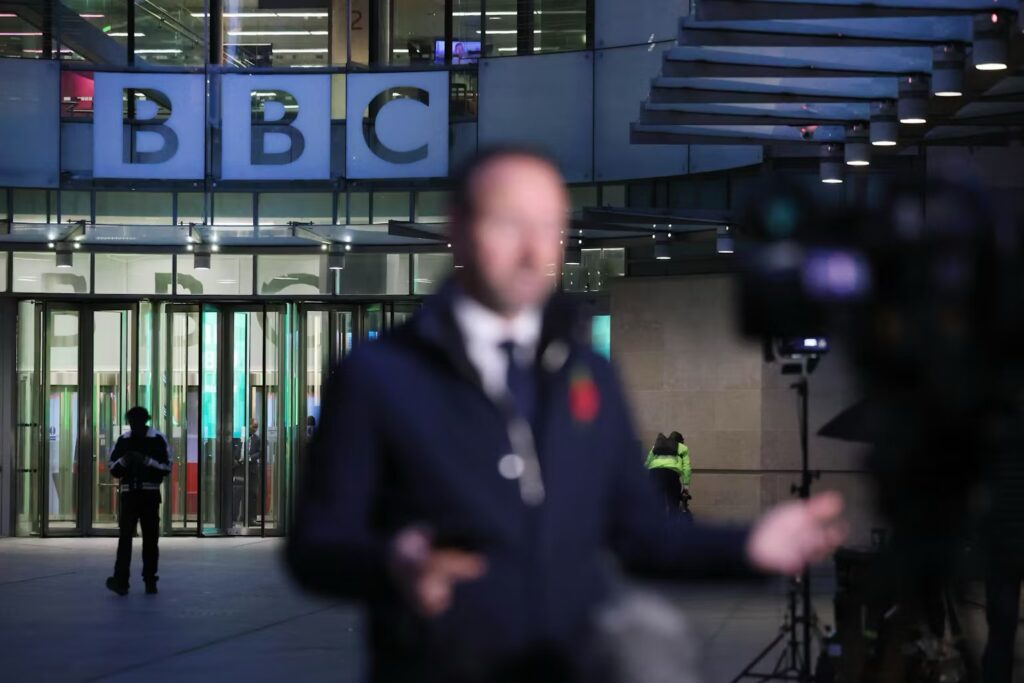On Wednesday, two members of the West Virginia National Guard were critically injured in a shooting incident that occurred just two blocks from the White House. The two guardsmen were part of a larger deployment of over 2,000 troops sent to the capital as part of President Trump's crime-fighting efforts, which controversially involved assuming control over local law enforcement.
Following the incident, President Trump ordered an additional 500 National Guard members to assist in response to the shooting. Local officials, including Washington's mayor, have characterized the shooting as a 'targeted attack' against military personnel.
As part of an ongoing public safety initiative, Trump had declared a public safety emergency on August 11. Despite concerns regarding crime levels, Washington's attorney general indicated that violent crime in the city had reached 30-year lows, contradicting the justification for increasing military presence.
Military Presence in the Capital
According to the latest reports, there are currently 2,188 troops assigned to assist with policing in Washington. At present, the D.C. National Guard has the largest contingent with 949 personnel deployed. West Virginia follows closely behind with 416 troops, many of whom volunteered to extend their deployment.
Other states contributing personnel include Louisiana, Mississippi, Ohio, South Carolina, Georgia, and Alabama. However, several states plan to withdraw by the end of November, dependent on orders from the federal government.
Since their deployment, National Guardsmen have taken on various roles including both armed patrols and public works. Many troops were observed performing landscaping and other community services while also being armed during specific missions in response to security needs.
Legal and Public Concerns
The military presence has sparked considerable debate, with some residents expressing fears over military encroachment on civilian law enforcement duties. D.C. Mayor Muriel Bowser has tried to navigate these concerns by acknowledging the role of the National Guard in crime reduction while questioning the efficiency of the deployment.
In recent developments, a federal judge temporarily ordered the Trump administration to end its deployment of the National Guard, arguing that it infringed on local governance and law enforcement authority. This legal challenge adds another layer of complexity to the ongoing discussion about the appropriateness of military involvement in domestic affairs.
As the situation unfolds, the effectiveness and legality of these military deployments will undoubtedly remain a contentious topic both locally and nationally, especially in light of the alarming shooting incident involving the guardsmen.






















